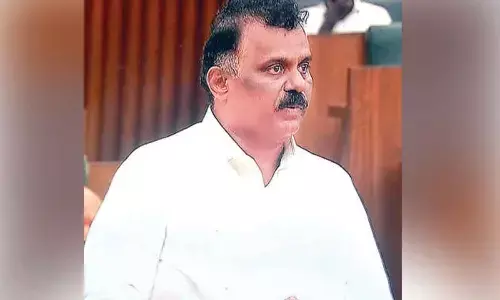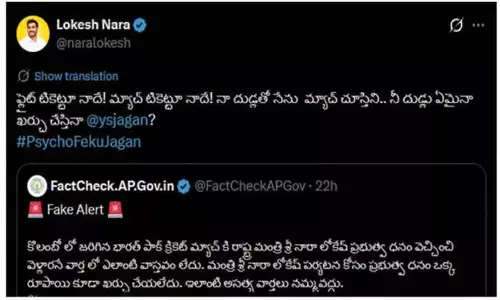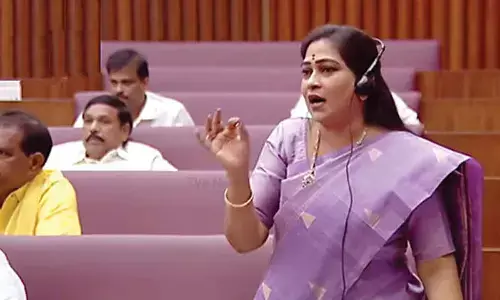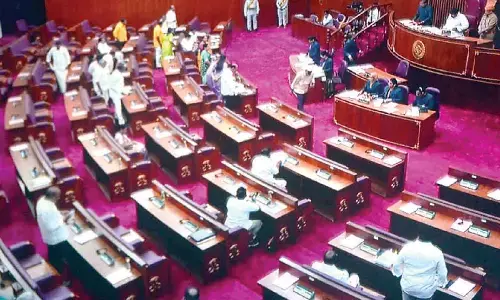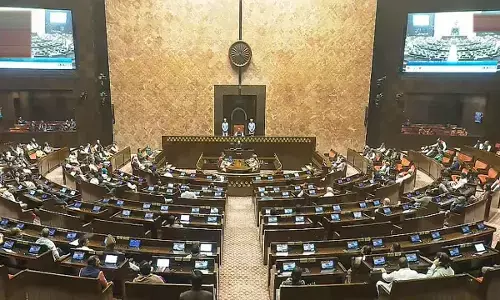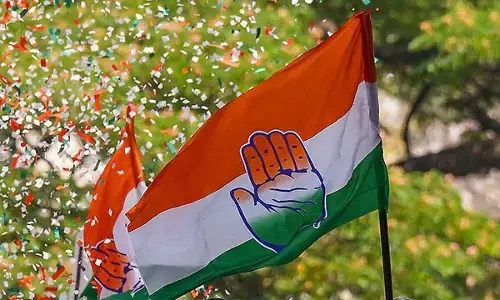Central Information Commission is not consulted by the Srikrishna committee: Sridhar Acharyulu
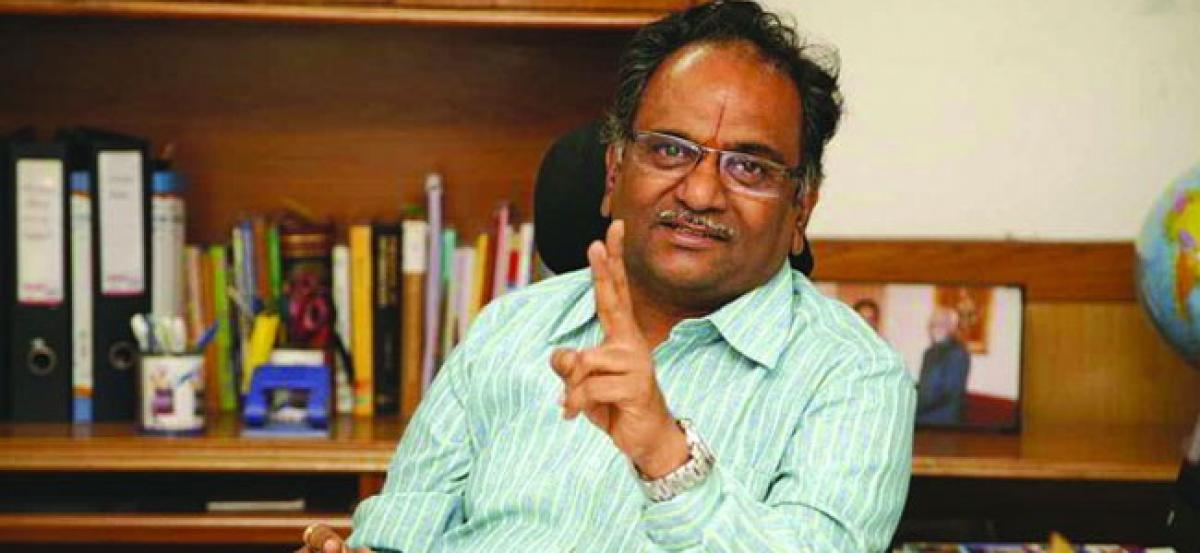
Central Information Commissioner M Sridhar Acharyulu warned that corrupt government officials will be able to escape public scrutiny if the Right to Information Act, 2005, came into act which is recommended by the Justice Srikrishna committee
NEW DELHI: Central Information Commissioner M. Sridhar Acharyulu warned that corrupt government officials will be able to escape public scrutiny if the Right to Information Act, 2005, came into act which is recommended by the Justice Srikrishna committee.
“The Right to Information Act will be rendered absolutely useless in securing access to public records pertaining to public servants. The Justice Srikrishna panel had not consulted the Central Information Commission before making its recommendations,” said Professor Acharyulu in a letter to the Chief Information Commissioner.
Earlier in last month, when the amendment was proposed in the Parliament, he had written to his fellow Commissioners to oppose the Bill saying it would “dilute the independence”.
“Information which relates to personal information the disclosure of which has no relationship to any public activity or interest, which would cause unwarranted invasion of the privacy of the individual unless the Central Public Information Officer or the State Public Information Officer or the appellate authority as the case may be, is satisfied that the larger public interest justifies the disclosure of such information,” a part of the Personal Data Protection Bill, 2018 proposed to amend Section 8 of the RTI Act.
The proposed amendment would instead exempt “information which relates to personal data which is likely to cause harm to a data principal, where such harm outweighs the public interest in accessing such information having due regard to the common good of promoting transparency and accountability in the functioning of the public authority”.



